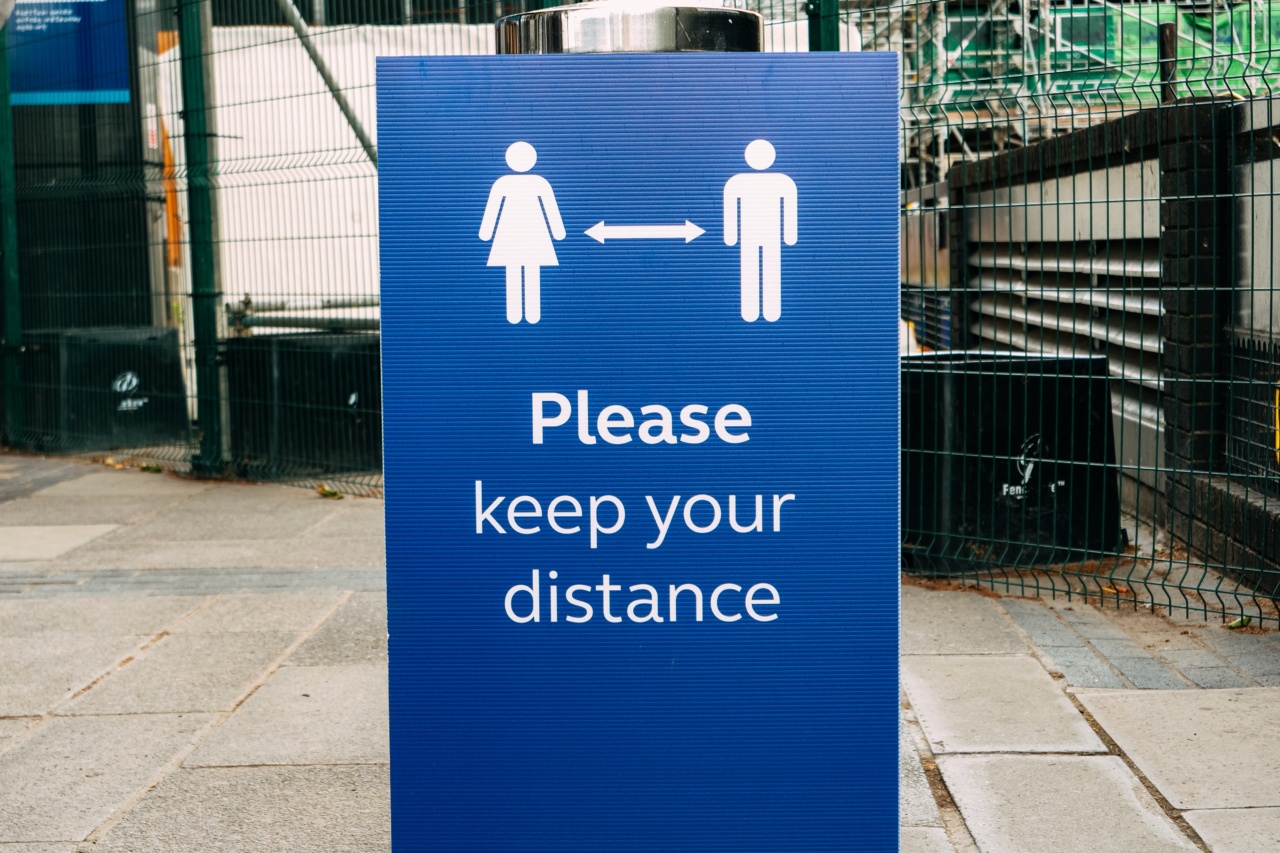The obesity problem is a growing concern that affects the health of millions of people around the world. This alarming issue not only affects individuals but also society as a whole.
Obesity is an epidemic that has reached alarming rates in developed countries, with the World Health Organization estimating that around 1.9 billion people are overweight globally, and over 650 million people are considered obese. These numbers are very concerning and only continue to rise each year.
What is Obesity?
Obesity is defined by a person’s body mass index (BMI), which is calculated by dividing the person’s weight in kilograms by the square of their height in meters. The World Health Organization defines obesity as a BMI of 30 or more.
Obesity is a chronic disease that is associated with numerous comorbidities, including heart disease, stroke, diabetes, and certain cancers.
The Causes of Obesity
The causes of obesity are complex and multifactorial. In general, obesity occurs when a person consumes more calories than they expend.
This can be due to various reasons, such as an unhealthy diet that is high in calories, physical inactivity, or a combination of both. Obesity can also have a genetic component, as certain gene variants have been associated with an increased risk of obesity.
Besides genetic causes, environmental factors, such as urbanization, sedentary lifestyles, overconsumption of fast foods, and availability of highly processed food, also contribute significantly to the rise of obesity rates globally.
The Economic Cost of Obesity
Obesity is a costly problem, not only for individuals but also for society as a whole. The economic cost of obesity is estimated to be around $2 trillion worldwide, equating to around 2.8% of the global economic costs.
The cost of obesity is not just limited to direct medical costs, but also indirect costs, including lost productivity and absenteeism from work. This highlights the importance of taking preventive measures to reduce the rates of obesity in our society and promote a healthy lifestyle for all.
The Impact of Obesity on Your Community
The impact of obesity on your community cannot be overlooked, as it has significant consequences for the broader society.
The prevalence of obesity is linked to various social determinants of health, such as income, education, and access to healthy foods, which contribute to health disparities between different communities. For example, low-income communities are often associated with higher rates of obesity due to several factors such as limited access to fresh produce and unhealthy food marketing.
Obesity’s impact also extends beyond health issues, including lower academic achievements, social stigmatization, and the lack of opportunities to participate in physical activities.
The Role of Government in Tackling Obesity
The government has a vital role in tackling obesity, given its impact on society and health.
Policymakers have the power to create an environment that promotes healthy lifestyles, encourages physical activities, and reduces the consumption of unhealthy food and drinks. Government interventions on obesity include implementing public policies, such as soda taxes, sugar taxes, and zoning regulations to limit the number of fast-food restaurants and increase healthy food options.
Additionally, governments can initiate campaigns to promote physical activity and healthy diets and increase the availability of recreational facilities and active transport.
What You Can Do to Fight Obesity
Individuals can take actions to reduce their risk of obesity and encourage a healthier lifestyle. This includes eating a healthy and balanced diet, engaging in regular physical activity, and avoiding processed foods and sugary drinks.
It’s essential to set realistic goals and seek professional advice from a dietician or doctor to help achieve and maintain a healthy weight.
Conclusion
The rising rates of obesity are a severe concern for the health of individuals and society as a whole. Obesity contributes to significant health issues, such as heart disease, diabetes, and cancer, and is costly to society.
Governments have a vital role in tackling obesity, with policies and strategies that promote healthy living, active commuting, and access to healthy food. Additionally, individuals can take steps to minimize their risk of obesity by following a healthy, balanced diet and engaging in regular exercise.





























